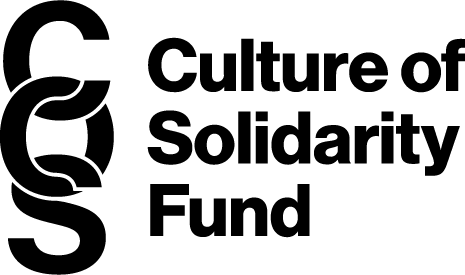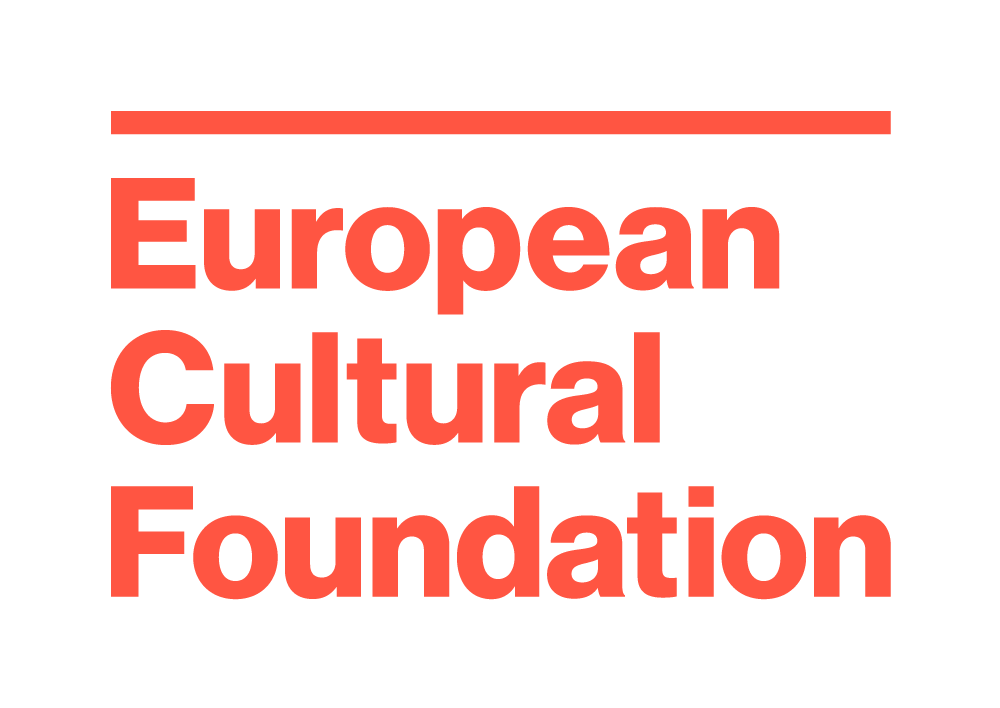About the project
The research aims to explore the current state and needs of Ukrainian and Crimean Tatar studies around the world. Its first outcome is an interactive map of more than 160 study centres in more than 30 countries, as well as a corresponding online database with brief descriptions of the centres themselves, and information about their research priorities. The second outcome of the project is a research paper on the key features of the development of Ukrainian studies centres worldwide, their most pressing problems, and identifies opportunities and challenges that they face following the Russian Federation’s full-scale aggression in February 2022.
- There is a vast, albeit heterogeneous, network of Ukrainian studies centres around the world that influences the understanding of Ukraine abroad. We found more than 160 centres of Ukrainian and Crimean Tatar studies in approximately 30 countries.
- Historically, the establishment of new Ukrainian studies centres coincides with large migration waves from Ukraine or with moments when Ukraine established its political subjectivity (declaration of independence, revolutions, war), resulting in a rapid increase in interest in the knowledge of our country.
- The growth of Ukrainian studies centres is not inextricably linked to the activities of the Ukrainian community in a particular country. The establishment of Ukrainian studies in Scandinavian and East Asian nations was primarily motivated by economic or social science-related considerations. In turn, in Russia, Ukrainian studies did not develop due to political and ideological factors. In the majority of countries of the Global South, where there is no significant Ukrainian diaspora, geopolitical interest in Ukraine, or historical or economic ties with Ukraine, Ukrainian studies centres are all but absent.
- The dominance of Russia-related topics within East European or Slavic studies is a major issue. In light of the new wave of Russian aggression, however, discussions have begun regarding the possibility of reshaping these types of studies to present other cultures, languages, and nations of the region more fairly. On the other hand, Crimean Tatar studies are frequently presented within the context of broader Turkic studies, without regard to their connection to Ukraine.
- Lack of funding, lack of student interest, weak institutionalisation, and reliance on the activities of individual researchers are among the most significant factors that can sometimes lead to the closure of Ukrainian studies centres. The interviewed Ukrainian studies institutions anticipate a more active role and assistance from the Ukrainian government.
- The Ukrainian government should define geographical and topical priorities for future cooperation with Ukrainian studies centres abroad. It seems reasonable to support multidisciplinary Ukrainian studies centres with the tools of cultural and public diplomacy if they offer a broad perspective on Ukraine’s place in Europe, employ contemporary methods, and demonstrate ties between Ukraine and the rest of the world. These study centres have every opportunity to become more visible to both international students and the universities they are affiliated with and to occupy a prominent position within the academic mainstream.
- Nadiia Koval
- Oleksandra Gaidai
- Mariia Melnyk
- Mariia Protsiuk
- Denys Tereshchenko
- Maryna Irysova
Map
Select the desired option from the drop-down list to filter studios by geography, relevance, type, or organizational/institutional form. Following that, the map and table will change based on the parameters you selected.
Report a new studies centre
Report a new studies centre
With support
This project was made possible with a financial and organizational support from the NGO “Promotion of Intercultural Cooperation”, Culture of Solidarity-EUNIC Ukraine Fund, in partnership with the European Cultural Foundation and EUNIC, Goethe-Institut, Institut français and Instituto Cervantes









